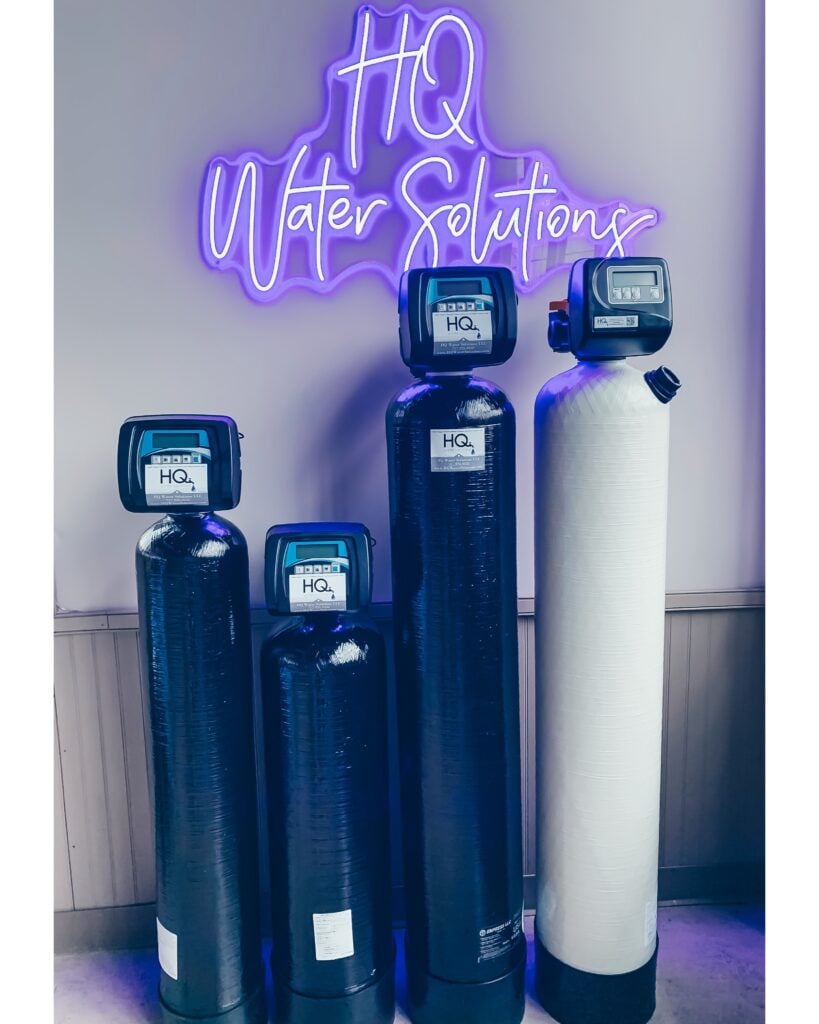
If your home relies on well water, ensuring the quality of your water supply is essential for the health and safety of your family. Well water often contains contaminants like bacteria, sediment, and minerals that can affect taste, appearance, and health. There might also be heavy metals, dangerous chemicals, agricultural runoff, and other contaminants present.
Installing a well water filtration system is the best way to address these concerns and guarantee clean, safe water. But with so many options available, how do you choose the right one for your home? This guide will walk you through key factors to consider when selecting the ideal house water filtration system for your well water.
Understanding Your Well Water Needs
Before choosing a house water filter, it’s important to know what contaminants are present in your water. Every well is unique, and unlike city water, well water quality can vary depending on location, depth, and surrounding environmental factors. A professional water test will help you identify the specific impurities in your well water, such as:
- Sediment: Dirt, sand, and rust particles that can clog plumbing and appliances.
- Iron and Manganese: These metals can cause discoloration in water and stains on sinks and laundry.
- Hard Water (Calcium and Magnesium): Causes scale buildup in pipes, reducing water flow and efficiency of appliances.
- Bacteria and Viruses: Harmful microorganisms that can cause illness if not properly filtered.
- Sulfur: Responsible for the rotten egg smell sometimes found in well water.
- Agricultural runoff and environmental contaminants: There may be additional contaminants in your water as a result of agricultural runoff or environmental factors.
Once you understand your water quality, you can choose a filtration system tailored to address the specific contaminants.
Types of Well Water Filtration Systems
There are several types of well water filtration systems, each designed to target different impurities. Here’s a breakdown of the most common systems:
Sediment Filters
Sediment filters are designed to remove particles like dirt, sand, debris, and rust from your well water. They’re often the first line of defense and are used in conjunction with other filtration systems. If your water contains a lot of sediment, this type of filter will help protect your plumbing and appliances from damage.
Activated Carbon Filters
Activated carbon filters are excellent at removing chlorine, volatile organic compounds (VOCs), and common bad tastes and odors from water. They work to remove contaminants by absorbing them through a carbon medium. While effective at removing organic chemicals, they likely will not be sufficient for treating bacteria or heavy metals.
Iron Filters
If your water contains high levels of iron or manganese, an iron filter can remove these metals, which cause staining and metallic taste. These filters typically use oxidation or ion exchange methods to trap and remove iron particles.
UV Purification Systems
Ultraviolet (UV) systems are highly effective at killing bacteria, viruses, and other microorganisms in your well water. They use UV light to sterilize water, making it safe to drink. However, it is often suggested that UV filter systems be used in combination with a sediment filter to ensure clear water for effective treatment.
Reverse Osmosis (RO) Systems
Reverse osmosis is a highly effective filtration method that removes a wide range of contaminants, including dissolved solids, heavy metals, and bacteria. RO systems force water through a semipermeable membrane, trapping impurities. This option is ideal for homes with multiple contaminants. These systems typically require pre-filtration to prevent clogging.
Water Softeners
If hard water is an issue, a water softener can reduce calcium and magnesium levels, preventing scale buildup in your pipes and appliances. Water softeners use an ion exchange process to replace hardness minerals with sodium or potassium ions, improving water flow and extending the life of your plumbing system.
Factors to Consider When Choosing a Well Water Filtration System
Selecting the right well water filtration system depends on several factors, including the quality of your water, your budget, and the size of your household. Here are some key considerations:
Contaminant Type
Your water test results will guide you in choosing a system that targets the specific contaminants in your well water. For example, if you have high levels of iron and bacteria, you may need a combination of an iron filter and UV purification.
System Size and Capacity
Choose a system that can handle the daily water consumption of your household. Larger homes with more occupants will require a higher-capacity system to ensure a consistent supply of filtered water.
Maintenance Requirements
Some filtration systems, like sediment and carbon filters, require regular replacement, while UV systems need bulb replacements. It is suggested to replace most filters and UV bulbs one time per year, however, it will depend on your specific water quality and treatment systems.
Installation and Space
Different systems have varying installation requirements. Some, like reverse osmosis, can usually be installed under a sink or in the basement below the system, like sediment filters, which might require a bit more room.
Budget
Costs for well water filtration systems can vary depending on the complexity and features of the system. Talk to a water treatment professional to ensure that you’re aware of all of your options.
Final Thoughts
Investing in the right well water filtration system is crucial for ensuring the health and safety of your home’s water supply. Whether you’re dealing with sediment, iron, bacteria, or other contaminants, there’s a filtration solution that fits your needs. Start with a water test to identify the impurities in your well, then explore the options available to create a clean, safe water source for your family.
If you’re unsure which filtration system is right for your home, contact HQ Water Solutions for expert guidance. Our friendly and experienced team can help you select, install, and maintain the perfect system to keep your well water pure and refreshing.
